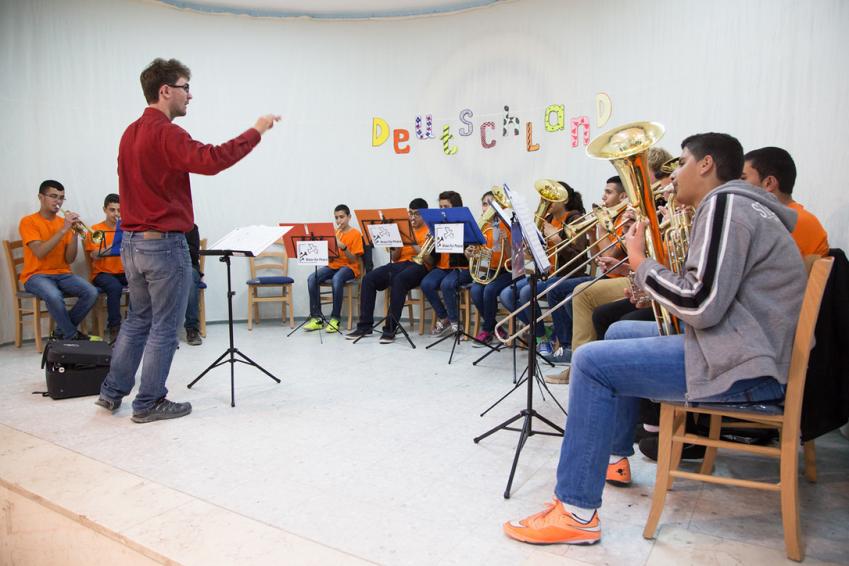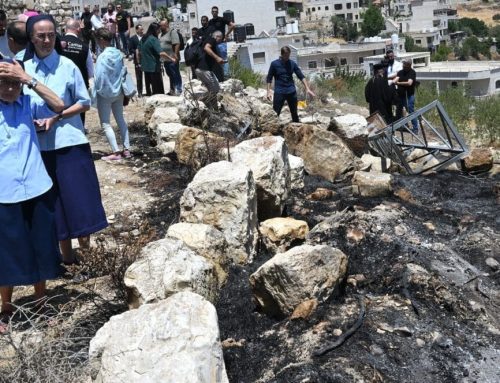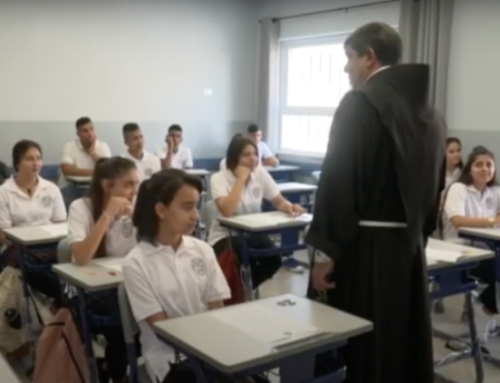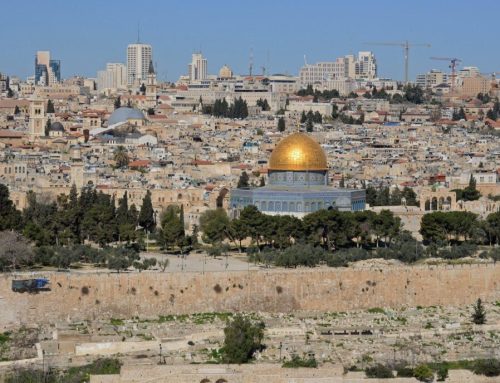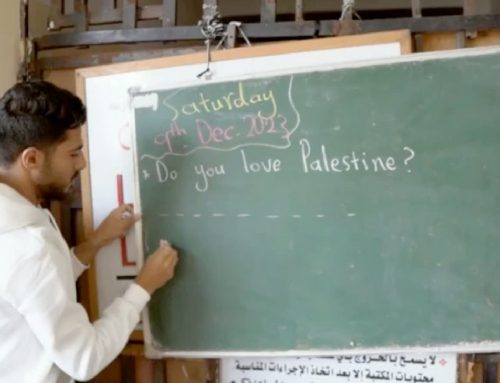Religious leaders play a critical role, Younan says
Living and working together as people of different faith in the community is increasingly important in today’s global contexts where extremists are bent on using religion to create violence and division, says Bishop Dr Munib A. Younan of the Evangelical Lutheran Church in Jordan and the Holy Land (ELCJHL).
Reflecting on the annual World Interfaith Harmony Week observed during the first week of February, Younan said religious leaders play a critical role of educating people to see “the image of God in the other. This will help us to live in a better world—a world of acceptance.”
The week was observed by the United Nations for the first time in 2010, following efforts by faith leaders since 2005. It helps highlight common values shared by humanity, the importance of interreligious dialogue and of mutual understanding.
Younan, who is President of The Lutheran World Federation (LWF), cited cooperation between LWF and Islamic Relief Worldwide since 2014 as one such effort. This joint humanitarian work showed how the “cross and the crescent” supported both Syrian refugees in Jordan and people in remote areas of Nepal following the April 2015 earthquake.
World Interfaith Harmony Week seeks to tell people that religions, including the Abrahamic faiths of Judaism, Islam and Christianity, are about loving the good and the neighbor, Younan said.
King Abdullah II of Jordan initiated the week, with support from political and religious leaders in the country. During the period, Muslim and Christian leaders address public gatherings on what it means to live together as people of different faiths. As the ELCJHL runs schools and other institutions that enroll Christians and Muslims as part of its diaconal outreach, the interfaith week is an occasion to affirm that “we can live side by side,” Younan adds.
Younan affirmed the “Marrakesh Declaration” which was signed by a wide range of Islamic scholars from around the world at a 27 January conference in Marrakech, Morocco. Adopted in the presence of other faith leaders, including Younan, the statement calls on Muslim and other religious leaders to confront all forms of religious bigotry that promote hatred and violence.
In Marrakesh, Younan asked scholars in the Arab and Muslim worlds to promote equal citizenship with equal rights and equal responsibilities for all citizens, regardless of religious or sectarian affiliation. Such equal citizenship embraces diversity and pluralism, he stressed.
In its 2011 Council resolutions, the LWF affirmed the importance of ongoing relationships and dialogue with other faiths, civil society, state actors and UN agencies. It encouraged its member churches to observe the World Interfaith Harmony Week.
Original article written for The Lutheran World Federation in Geneva
Source: The Lutheran World Federation

